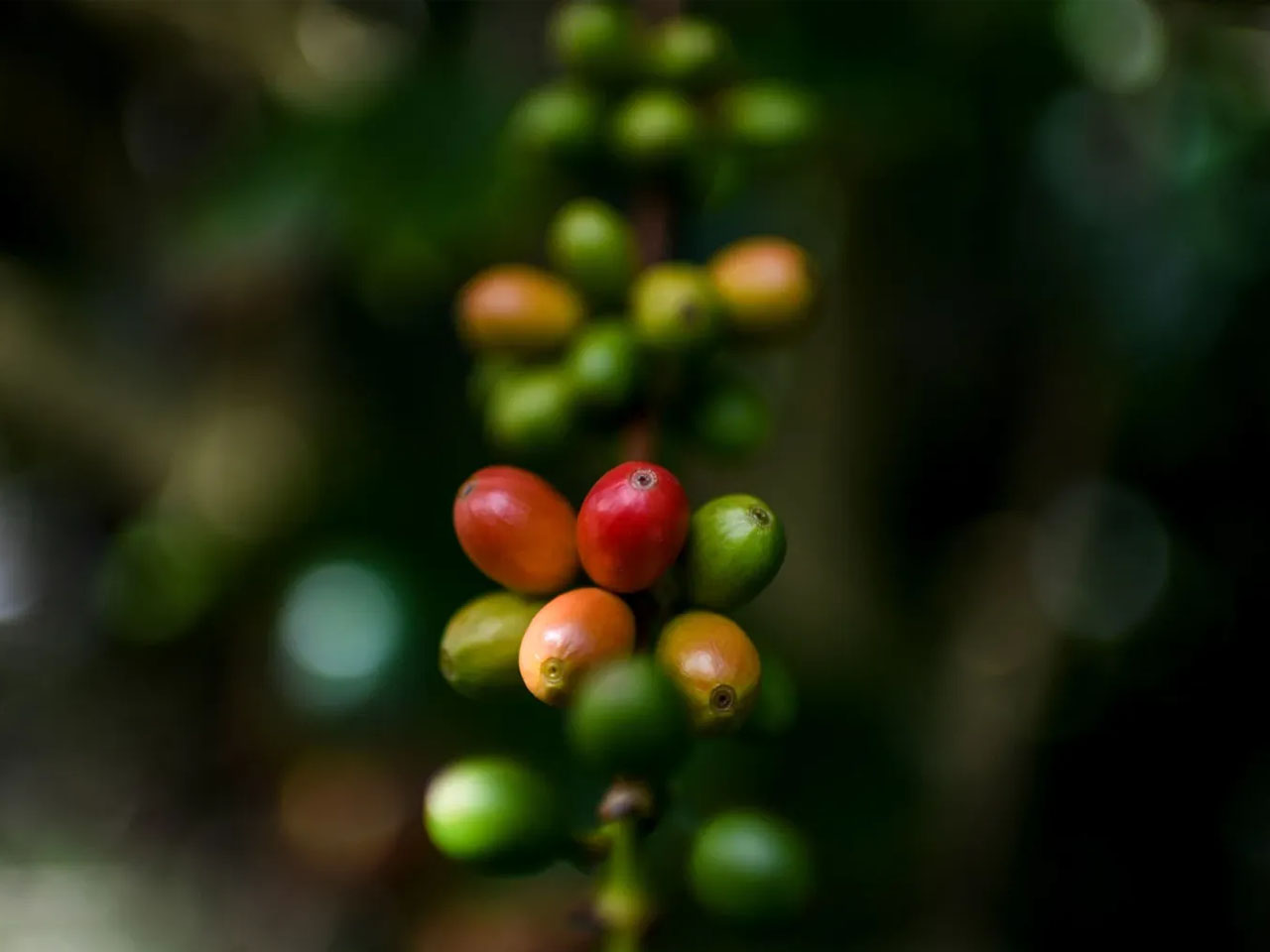
Types of coffee reduce the risk of death.. know them
Caffeinated coffee may have more power to help you wake up in the morning. A new study, published in the Annals of Internal Medicine, showed that drinking sweetened or bitter coffee is associated with a lower risk of death compared to non-drinkers.
The researchers surveyed 171,616 study participants from the United Kingdom about five times within a year about their lifestyle, which includes coffee habits. Then the scientists looked for death certificates to find out who died, after seven years on average.
Participants ranged in age from 37 to 73, and reported that they had no cardiovascular disease or cancer during the survey.
Not involved in the study, Dr. Kristina Wei, assistant professor of medicine at Harvard Medical School, who is also deputy editor of the Annals of Internal Medicine, said the results showed that the risk of death for those who drank a moderate amount of coffee ranged between 1.5 and 3.5 cup per day, was about 30% lower in people who sweetened their coffee compared to non-coffee drinkers.
She added that those who drink unsweetened coffee have a 16-29% lower risk of death compared to those who do not drink it.
The results were adjusted for social, demographic, lifestyle, and clinical factors, with the aim of excluding their impact on the results. For example, Wei noted, the research team asked questions about smoking level, amount of physical activity, education level, and dietary habits.
She noted that the researchers’ adjustments were limited because they did not ask about other factors that could influence the results, such as income level and occupation.
Watch out for added sugar
And if you drink a latte rich in sugar and caramel, you won’t be out of luck, as the study showed that the average amount of sugar a participant reported sweetening their coffee with, assumed to be a teaspoon.
“If you add about a teaspoon of sugar to your coffee, it doesn’t completely negate the benefits of coffee that we think are there,” Wei said.
The results for people who used an artificial sweetener in their coffee drink were less clear, so the researchers couldn’t draw any conclusions from those who used sugar substitutes.
“Based on this study, clinicians can tell their patients that the majority of coffee drinkers do not need to eliminate this drink from their diet,” said lead study author Dr. Dan Liu, from the Department of Epidemiology at Southern Medical University in Guangzhou, China. Be careful about high-calorie coffees.”
How does coffee affect the body?
Previous research has shown that coffee can protect the heart and help treat other diseases, Liu said. A 2021 study found that coffee consumption may also reduce the risk of liver disease.
Gunter Konleh, professor of nutrition and food sciences at the University of Reading in the UK, who was not involved in the study, notes that coffee has different health profiles, depending on how it is produced.
He said some types contain phenolic compounds that he believes are beneficial.
These chemical compounds affect the flavor and aroma of coffee, and are valuable because they can act as antioxidants, and have anti-inflammatory and anti-aging properties.
The two most common types of coffee are Arabica and Robusta, and research has shown that Robusta coffee has a higher phenolic component than Arabica coffee.
Unroasted green coffee beans contain high levels of phenolic compounds, but the weak aroma when brewed leads people to roast them. Accordingly, some phenolic compounds degrade depending on the level of roasting.
The way coffee is brewed also can contain high levels of diterpene, which are chemical compounds that may increase the risk of cardiovascular disease, according to Conley.
Both boiled coffee and French press contain diterpene amounts that are among the highest, according to findings from a 2016 study.
Mocha and espresso coffees contain a moderate amount of diterpene, while the lowest amount of these compounds we soak in instant coffee or filter coffee.



